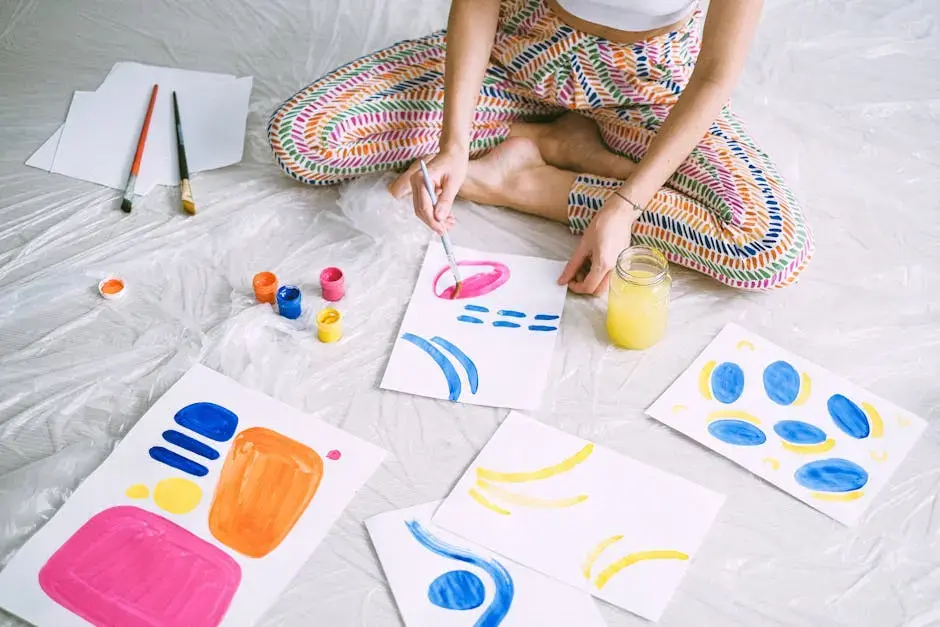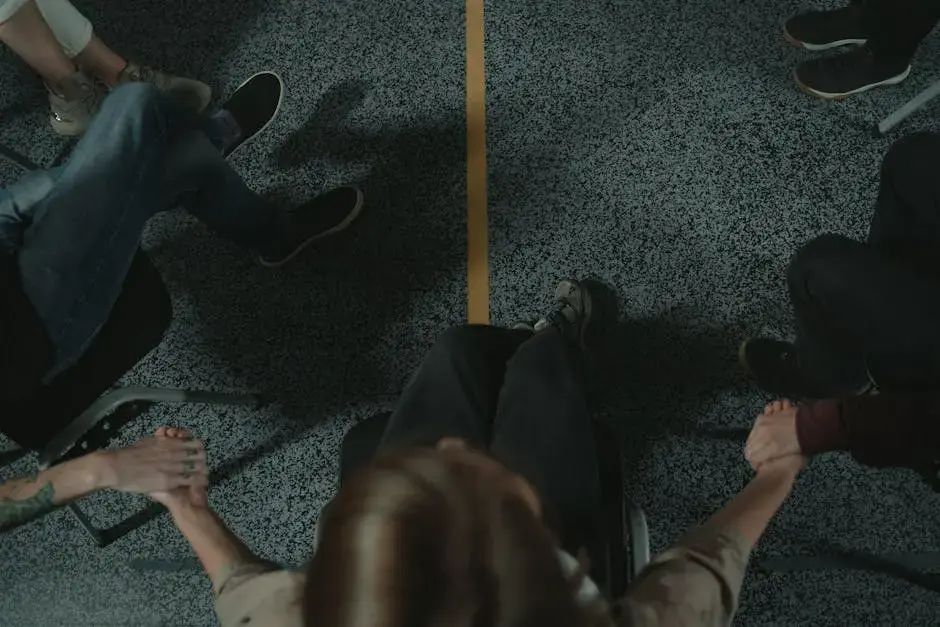How Can Art Education Therapy Benefit My Child?
- Karrie Stafford

- Jan 3, 2025
- 3 min read
Art education therapy can be a transformative experience for children, allowing them to express themselves in ways that words often cannot. In this blog, we will explore the numerous benefits of art education therapy and how it can positively impact your child's emotional and psychological well-being.

Understanding Art Education Therapy
Art education therapy combines artistic expression with psychological support, providing a safe space for children to explore their thoughts and feelings.
By blending traditional educational methodologies with therapeutic techniques, it opens a dialogue that many children may find difficult to express. This is especially beneficial for children who may feel overwhelmed or shy.
Furthermore, the hands-on nature of art helps to engage children in a way that is both enjoyable and effective. When they focus on creating, they tend to forget their worries, even if just for a moment.
Enhancing Emotional Expression
Through art, children can express complex emotions that they may struggle to articulate verbally, helping them to process their feelings.
For instance, a child might draw a stormy sky to convey feelings of anger or sadness. This creative outlet serves as a powerful tool for self-understanding and emotional release.
Moreover, art education therapy encourages reflection, allowing children to better understand their emotions and how to cope with them over time.
As they create art, they begin to connect their feelings to their creations. This realization can be enlightening, providing a sense of control and clarity.
Building Confidence and Self-Esteem
Engaging in art activities allows children to experience a sense of achievement, boosting their confidence and encouraging a positive self-image.
When a child completes a project, whether it's a painting or a sculpture, they can see tangible evidence of their hard work. This accomplishment serves as a powerful reminder of their capabilities.
Additionally, receiving praise for their creations can further enhance their self-esteem, fostering a belief in their own potential. Encouragement from peers and instructors can make all the difference.
As they experiment and take creative risks, children learn that it's okay to make mistakes. This mindset nurtures resilience and sets the stage for lifelong confidence.
Fostering Social Skills
Art education therapy often involves group activities, helping children to develop teamwork and communication skills, and build friendships.
Working alongside peers in a collaborative art project teaches children about compromise, sharing ideas, and respecting others' viewpoints, essential skills in both social and academic settings.
Moreover, participating in group art sessions can alleviate feelings of isolation, as children find common ground through shared creativity. Making art together is a unique opportunity to bond.
Promoting Cognitive Development
Art activities stimulate critical thinking and problem-solving skills, and engage children on a cognitive level through creativity and exploration.
For instance, deciding what colors to use or which materials work best requires decision-making skills. These moments of choice foster a sense of agency, which is crucial for cognitive development.
Additionally, the creative process encourages children to think outside the box, enhancing their ability to approach challenges with an innovative mindset.
Tailoring Therapy to Individual Needs
Art therapy can be customized to meet the unique emotional and developmental needs of each child, making it a versatile therapeutic option.
Therapists can adjust techniques and materials based on a child's preferences and specific challenges. This personalized approach ensures that every child feels understood and supported.
Moreover, allowing children to choose their projects fosters autonomy and engagement, further enhancing the therapeutic experience.
Wrapping Up the Benefits of Art Education Therapy
In conclusion, art education therapy offers a unique avenue for children to explore their creativity while fostering emotional growth and resilience. By incorporating art into therapeutic practices, parents can help their children unlock their potential and find healthier ways to navigate their feelings.




Comments